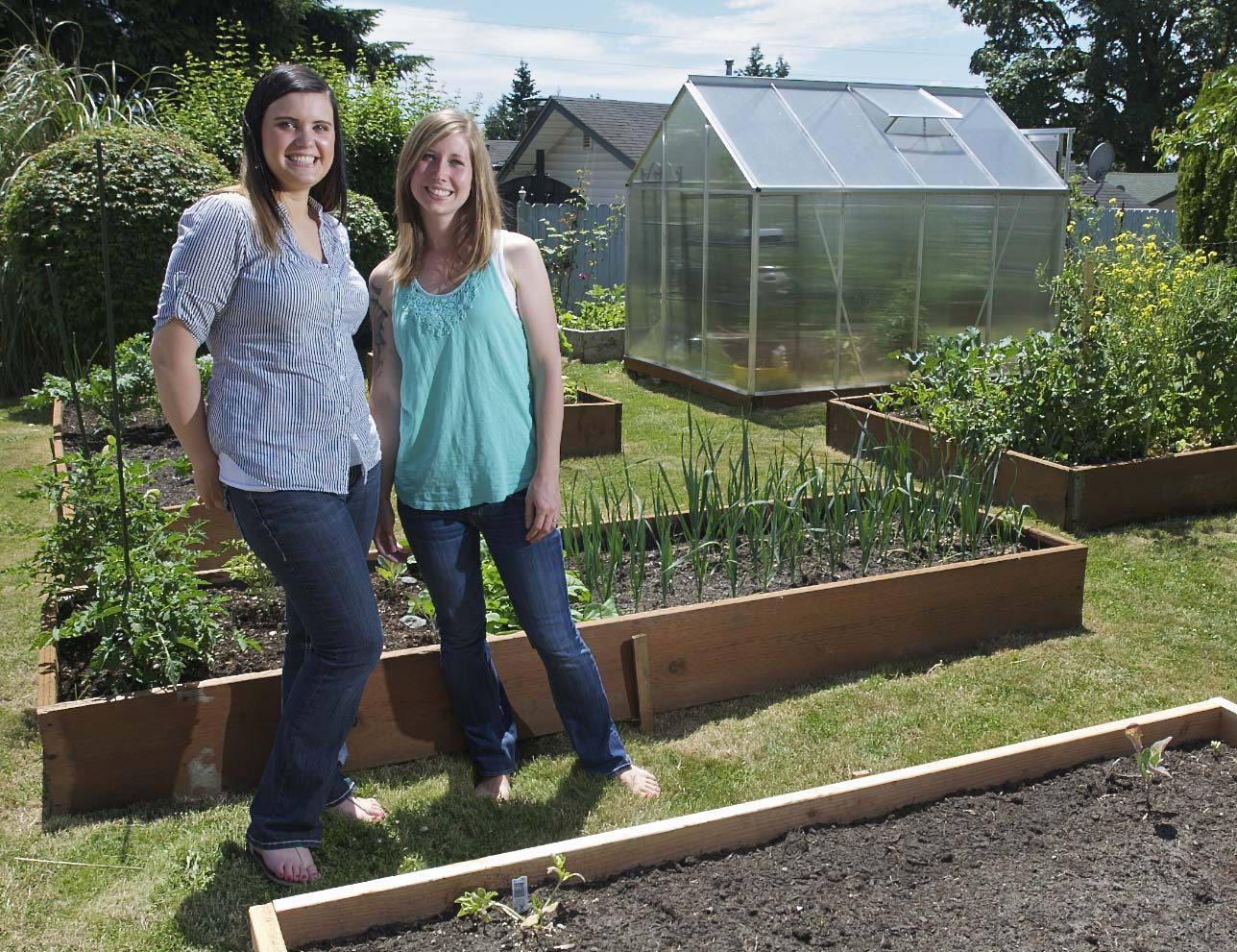In 2012, Vancouver’s four code compliance officers followed up on 5,459 complaints, many of which were resolved without having to open an official case, said Chad Eiken, director of community and economic development. Of 1,041 cases, 964 were solved by the end of the year. The most common complaints involve: weeds, grass, vegetation; garbage; work without permits; open storage; and vehicles.
Upon receiving notice that a greenhouse her husband assembled in their Vancouver yard was in violation of city code, Omni Grover was reluctant to question it.
Was she upset a neighbor complained? Yes. Was she in disbelief the city would dictate where to put a structure that measures 6 by 8 feet? Yes.
Did she think she could fight City Hall?
As the saying goes, no.
But encouraged by her best friend of 11 years, Kati Elliott — who promised to do the talking when they pleaded the case to the city council — Grover challenged the violation this month and won.



